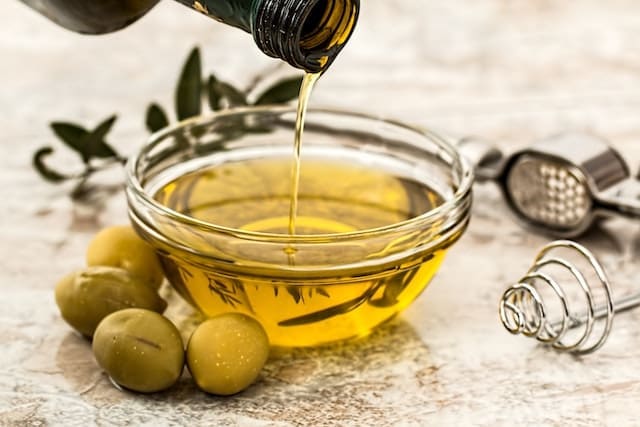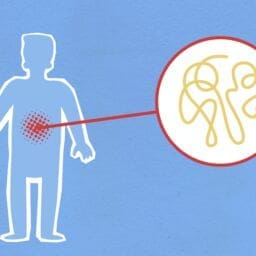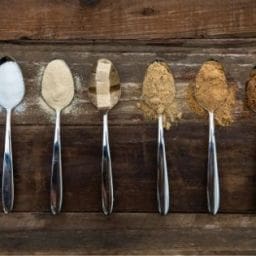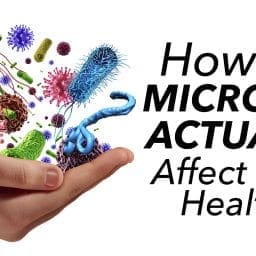
5 Common Food Myths Dispelled
There are a lot of food myths out there that can be confusing and even harmful to our health. I want to set the record straight on five common food myths that you may have heard before. This will help you make informed decisions about what to eat as you pursue optimal health and wellness.
Myth #1: Cutting out all carbohydrates is healthy
Recently, there has been a trend towards completely cutting out carbohydrates from our diets. While the carnivore and ketogenic diets may seem appealing for weight loss and other health benefits, humans are omnivores and naturally require carbohydrates, to some degree, as part of a healthy diet. Instead of eliminating all carbs, choose whole, complex carbohydrates like sweet potatoes, beans, whole grains, and fruits that provide necessary nutrients and fiber.
Myth #2: Seed oils are good for you
You may have heard that seed oils like safflower, sunflower, canola, and soy vegetable oils are healthy because they are low in saturated fat. However, these oils are a key contributor to inflammatory responses in the body and can be linked to heart disease, cancers, and other health conditions. Instead, Use healthier oils like extra-virgin olive oil, avocado oil, and coconut oil that are less processed and have more beneficial nutrients.
Myth #3: You are what you eat
While the saying “You are what you eat” may be familiar, I’d change it to “You are what you assimilate.” Digestion and the proper absorption of nutrients play a critical role in our overall health, and I want to caution you to be mindful of your GI health and your ability to digest protein specifically. I also encourage incorporating probiotics and prebiotics into the diet to promote healthy gut bacteria.
Myth #4: You can’t drink too much water
Proper hydration is important for overall health, but overconsumption of water can be just as harmful as dehydration. Experiment with mineralizing your water with Celtic salt and maximizing your water intake based on your size, activity level, and climate. Drinking water before and after meals can also help with digestion, but it’s important to listen to your body and not force excessive hydration.
Myth #5: Eating after 7 pm is bad for you
Lastly, I want to debunk the idea that eating after 7 pm is inherently bad for our health. While overeating at night may not be ideal, listening to our bodies’ hunger cues is more important than sticking to a rigid rule. I suggest eating a balanced meal with protein, complex carbohydrates, healthy fats, and fiber regardless of the time of day.
In conclusion, by dispelling these five common food myths, I hope you can make informed decisions that promote a balanced and mindful approach to your diet that can improve your health and wellness in the long term.
Be Well!
Dr. Jason McCammon
Naturopathic Doctor in Lansing. MI
















